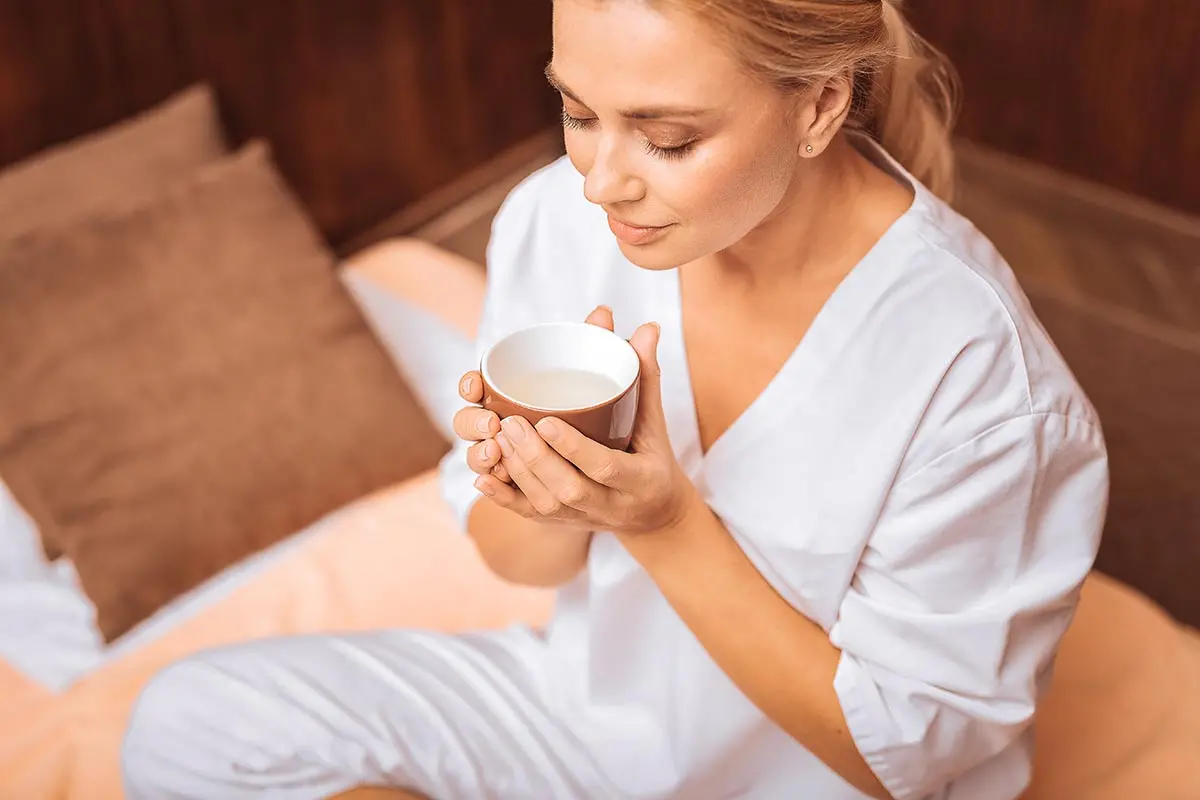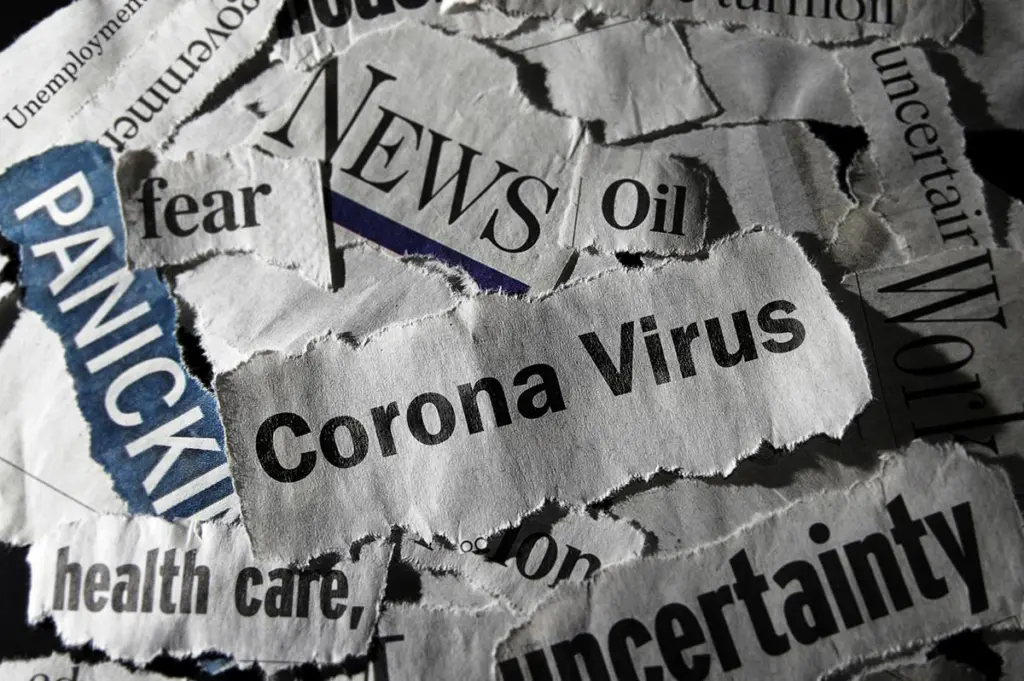Us too. Let’s De-Stress Together
Not everyone is feeling the love for home and hearth while social distancing and sheltering in place. Yes, some people are mastering their puzzle skills, doing Tik Toc, #plankchallenges, and Marie Kondo-ing their homes; but for a growing number of people around the world, the constant onslaught of corona news, community mandated closures, financial stress, and lack of meaningful activities is really taking its toll.
While you probably understand the reasoning behind the CDC recommendations for staying home and disengaging from business-as-usual activities to help reduce the spread of the disease, it’s perfectly normal to feel some negativity about it. According to the American Psychological Association, research has shown people participating in social distancing and isolation may experience increases in fear, anxiety, depression, anger, boredom, and even stigmatization if they are sick or have been exposed to COVID-19. With more and more people being mandated by their local communities to shelter in place, it’s likely we will be dealing with this change to our normal living situation for weeks to come. So, what are we to do faced with this new normal at home? Two words: Self-Care. In a time when everything is unpredictable, your ability to control and tend to your own emotional and physical needs is your harbor in this storm.
TAKE ACTION
Make Your Mornings Mindful
Try not to open your eyes and grab your phone. Morning meditation can be a very helpful stress reducing way to start the day, but if that’s not your thing try engaging in a gratitude practice. Simply, take a minute before hopping out of bed to put your hands on your heart, breathe, and think of the people you love or something else that brings you joy. Allow yourself to feel the happiness those things bring you and say aloud or internally a few words of encouragement or positive self-talk about your day.
Keep a Routine
Regular routines help give your days a sense of meaning and purpose. Try not to let your days at home become too relaxed. Get out of bed at the same time every day and don’t stay in your pajamas. If you work from home set a time when work starts and ends. Try not to snack all day and set aside time to eat healthy. Schedule in time for something you enjoy. It doesn’t matter what it is except that it’s something that makes you feel good.
Media De-tox
While it’s important to keep up with the news each day, it’s not a good idea to tune in all day long. Choose a time of day you will check in on what’s happening in the world and set a limit. Commit to a schedule of when you will tune in and out. This way you aren’t exposed to a roller coaster ride of emotions all day from dire news reports.
Stay Virtually Connected
Studies have shown social isolation and lack of meaningful connection with others can result in negative consequences for health.
Connecting to friends and family is very important and an opportunity to share your feelings, exchange ideas, and reduce your anxiety through social media, text, and video or phone calls.
Say No to Self-Medicating
 Despite all the social media hype around “Virtual Happy Hour” parties, it’s probably a better idea to skip the Quarantine Cocktail Hour. If you are feeling down, stressed or depressed self-medicating with that glass of wine or cocktail of choice could end up making you feel a lot worse. Hangovers are the painful morning reminder of overindulgence, but they aren’t the worst part. Alcohol’s mood enhancing qualities are short lived and could actually make your stress or depression much worse. The same goes for drinking too much caffeine. Whether it’s coffee, soda, or an energy drink, studies have shown too much caffeine may actually increase anxiety, agitation, and sleeplessness. Now might be a great time to try work a nice warm decaf tea or one of these “Mocktails” into your self-care ritual.
Despite all the social media hype around “Virtual Happy Hour” parties, it’s probably a better idea to skip the Quarantine Cocktail Hour. If you are feeling down, stressed or depressed self-medicating with that glass of wine or cocktail of choice could end up making you feel a lot worse. Hangovers are the painful morning reminder of overindulgence, but they aren’t the worst part. Alcohol’s mood enhancing qualities are short lived and could actually make your stress or depression much worse. The same goes for drinking too much caffeine. Whether it’s coffee, soda, or an energy drink, studies have shown too much caffeine may actually increase anxiety, agitation, and sleeplessness. Now might be a great time to try work a nice warm decaf tea or one of these “Mocktails” into your self-care ritual.
Sleep Well, Don’t Sleep In
Set your alarm for the same time every morning. Yes, it is tempting to treat this time at home like a snow day or lazy Saturday. That’s fine every once in a while, but if you aren’t waking up and going to sleep on a schedule your circadian rhythm can become disrupted. What does that mean? The quality of your sleep deteriorates. According to the National Institute for Health, poor sleep habits can result in less focus, changes in mood, increased weight, and depression. Getting a good night’s sleep will go a long way toward helping you feel less stressed during the day.
Overwhelmed? Help Is Available.
Sometimes even with the best self-care plan we still need help to feel better. Call your doctor or therapist. There are also many online options for a licensed therapist so you wouldn’t have to compromise quarantine or social distancing. If you are feeling hopeless or are having thoughts of self-harm contact the suicide prevention hotline linked here.
